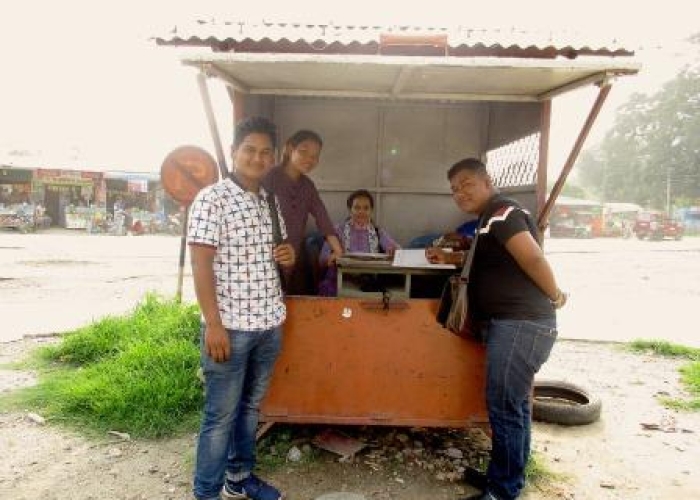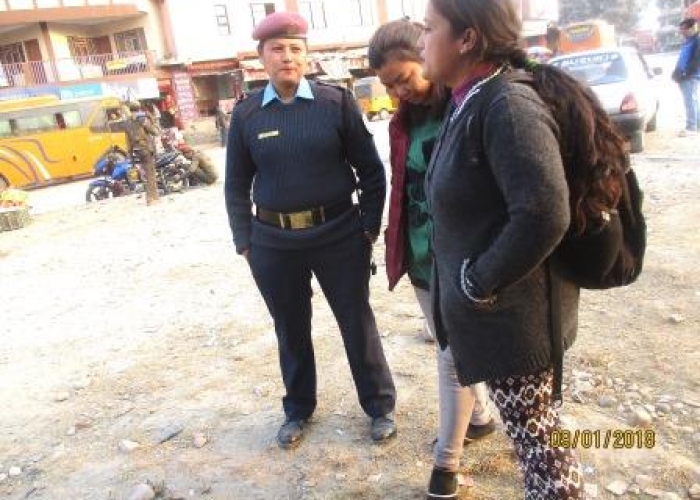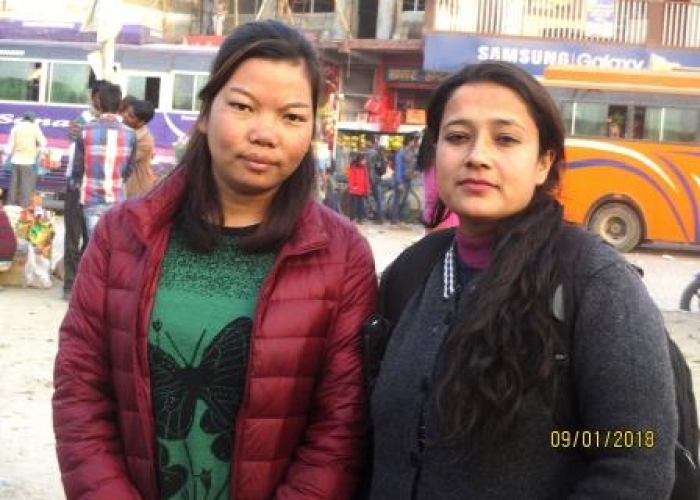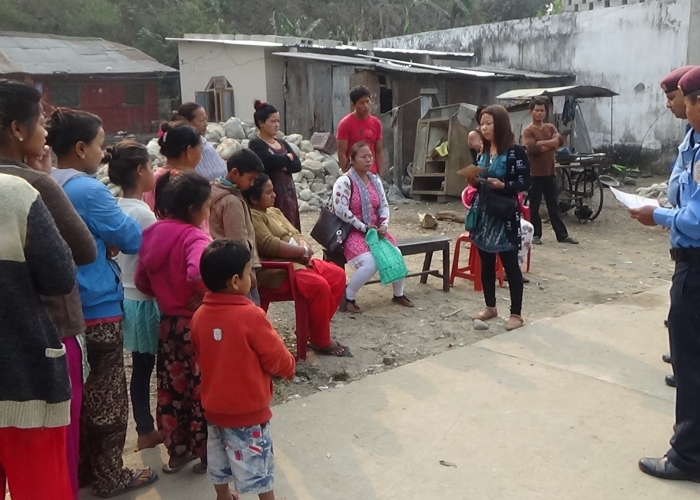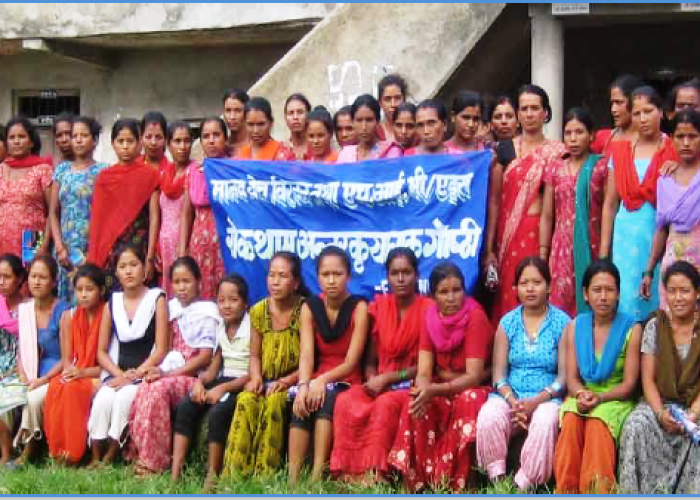Nepal is facing an enormous dilemma regarding the phenomenon of girl trafficking, representing a major crisis in the country. Due to a pervasive lack of female empowerment and an acute absence of overall awareness woman are trafficking to boarders country & India for prostitution. Like wise children’s are being trafficking for Indian circus. This has caused a major crisis of AIDS in the country. Stopping the traffic of Nepali women and children is a big challenge for Nepali government and the communities. This human trafficking has been going on for years, and likely to continues for years to come. To address this problem there is no other option but to continue looking for effective means of preventing it. There are some districts in Nepal which are most vulnerable for trafficking women & children i.e. Makwanpur, Kavre, Sindhupalcowk, Nuwakot, Nawalparasi, Gorkha and other southern boarder districts. The source attempted to figure out the situation though actual statistics are hard to determine, the number of women taken in foreign brothels may range between 172000 and 2,000000, with about 20% under the age of sixteen or twenty. About five to seven thousand are said to be trafficked to India every year.
ETSC has 3 strategic ways and objective to achieve through the implementation of programmes that are Prevention, Intervention and Rehabilitation. Though there are no simple solutions to combating the human trafficking. Many attempts have been made to determine the root cause of this problem in order to come up with a sufficient solution. The tools that we are using to stop the traffic such as education, awareness and economic alternatives are not in of themselves the solution. However, they do serve to provide us with practical ways to give value to women and girls even men in the name of overseas employment who might otherwise be sold for what is assumed to be their economic value.
Includes Awareness Raising Campaign, Skill Development & small business for Income Generation. Educational support to the marginalized girls. School students’ mobilization. Vulnerable families parents training.
Includes programs that are designed to identify and intercept girls who are being vulnerable to trafficked and to educate those who might find themselves at risk once they have reached their destination. And the advocacy and legal support for trafficked with the support of local police, Community Peer Watch Group leaders, different faith group leaders like Buddhist, Christians, Muslims and Hindu priest. We also try to apprehend suspected traffickers.
Enhancing coordinated district level joint efforts among partners at all levels including district level Govt. agencies and Legal Advocates organizations.
This includes short term support and care in a safe and loving family environment. And also in collaboration with Rehabilitation Centre. Our focus is to rehabilitate victims in their own community providing opportunity to learn new skills and develop small enterprise.
Tragically HIV/Aids consequence is another part of trafficked people. It is unlikely for girls and women to return to Nepal unless they are too old or too sick to ‘work’, which usually means they have HIV/AIDS. Due to the social stigma attached to any person suspected of working in the brothels and due to the fear surrounding AIDS, exploited women and children are hardly welcomed back home.
In order to reduce and prevent human trafficking and its effects, people’s participation should be fully mobilized. In organizational term, the awareness and joint efforts against the prevention of human trafficking requires to be monitored continuously.
I live in Basamadi and have never been to school. Now I am 25 years old. I come from a very poor family of three sisters and three brothers. My responsibility was to cut grass for the animals. I often got beatings for bringing home less grass. From childhood I liked smoking cigarettes. I was sent to my aunt’s house.
Advocacy and legal support to traffic.
Fulmaya Bholan is 18 years old married teens from Handikhola VDC. She was living with her husband and other family members. Husband is working as cleaner in truck. She has not been in good relationship with husband, time to time they used to quarrel each other and the other side family economic condition was very poor. She was looking for way out for earnings.
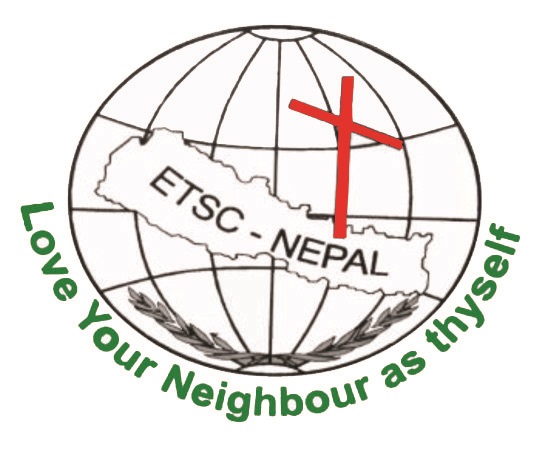
ETSC Nepal
You are welcome to extend helping hands in the mission of the ETSC-Nepal.
Project
- DRR
- EES
- EVPM
Contact Us
- Hetauda-15,Farline
- Tel 977-57-523375
- Cell: 9819259624
- Email:etscnpl1@gmail.com
- Toll Free(NCELL):+977-9801571371

